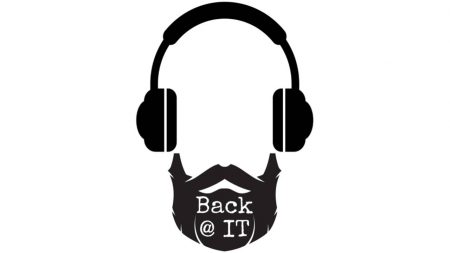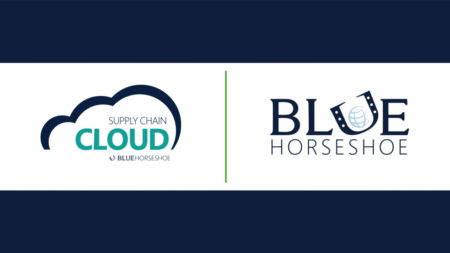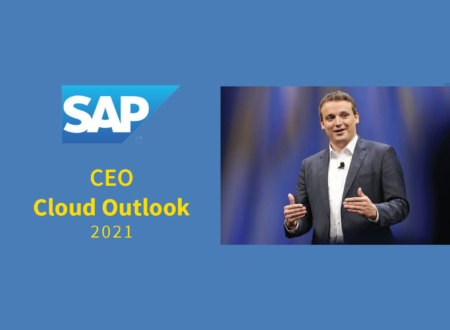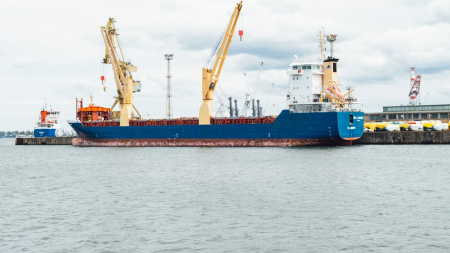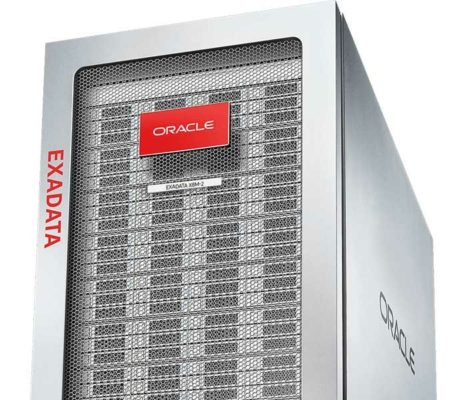Check out this blog to discuss how Microsoft D365 will increase planning agility when manufacturing products.
Search Results: logistics (248)
Even though automation bots are here, it doesn’t mean people are going away. People are still critical to automation. But what type of people are needed?
Microsoft has rolled out new vaccine-management solutions after initial failure, triggering a response from Salesforce CEO Marc Benioff.
Marsden Group, an advanced-technology boutique in the industrial sector, is the latest acquisition for Microsoft and its Manufacturing Cloud.
Why are businesses deciding to move some or all of their apps to Oracle from SAP? Oracle EVP Steve Miranda may know best of anyone.
Check out this blog to discuss the top four ways Microsoft D365 reduces operational expenses in transportation.
Sponsored by Oracle. Moving to Oracle enabled LogFire to leverage full elasticity for cost optimization, enhanced security & lowered TCO.
The field service industry keeps evolving. The rise of connected mobile devices led to the emergence of a new type of field service management (FSM) solutions. These tools can help you manage logistics, allocate resources, schedule work orders, and so much more. Discover the next generation of field service solutions in this e-book.
Highlights from Google Cloud CEO Thomas Kurian’s talk at last week’s Goldman Sachs technology investors conference.
New trends include last-mile drones, route optimization, and robots. TechRepublic’s Karen Roby spoke with Vikas Shetty, client partner at Capgemini, an IT consulting business, about trucking logistics and the use of artificial intelligence (AI).
The Blue Horseshoe Supply Chain Cloud transforms your business by connecting physical assets & operations with digital intelligence. It provides advanced logistics capabilities that link to your core business data to form a connected supply chain. This includes procure-to-pay cycle automation, fulfillment strategy optimization, sourcing plans, accurate invoicing, final mile delivery, route management, private fleets/driver management, and connectivity with parcel carriers to find effective shipping options.
Each link of the modern supply chain requires seamless integration with the others—activities such as order fulfillment, inventory management, warehouse management, production, and transportation logistics. But an outdated ERP can cause a host of problems in each of these interconnected areas.
If you’re experiencing any of the situations below, it might be time to consider a new ERP. Take a look at these five signs you’ve outgrown your ERP system.
SAP CEO Christian Klein on the company’s future – reimagined business models, co-innovation with customers, and vertical-industry solutions.
Check out this post on how technology is impacting the trucking industry (beware of a few ads). It’s awesome seeing how technology assists drivers, logistics companies, reduce environmental impact, manage “empty miles”, get capacity analytics, and schedule planning.
The supply chain management sector is facing numerous skilled labor shortages due to the ever-increasing demands of the pandemic. Meeting these challenges isn’t a viable option for businesses that are afraid of making changes.
For cloud vendors, the battle for supremacy in industry-specific clouds will be the most intense due to the massive future revenue potential.
Dealing with various concerns related to the pandemic and the importance of maintaining food supply chains has caused many companies in these industries to focus on investing in automation technology and artificial intelligence. Many of these businesses were already investing in this technology, but COVID-19 has accelerated the process.
Pandemic-related, consumer-level disruptions have triggered upheavals behind the scenes in operations, logistics, and supply chains.
Oracle has pointedly and publicly called out AWS by claiming Oracle’s new Exadata Cloud Service X8M crushes competing services from AWS.
Now, more than ever, you need efficient processes to get packages delivered to your customers’ docks and doorsteps. In this session, you’ll learn about how the Blue Horseshoe Supply Chain Cloud works with D365 to help you:
•Use D365 data to connect directly with top parcel carriers like USPS, UPS, and FedEx to get accurate shipping estimates, generate carrier compliant labels, and more.
•Manage asset movement and freight handling across your logistic network including equipment, drivers, dispatch, and settlement.
•Optimize routes, save fuel, and increase driver efficiency.
You’ll also learn how D365 and Supply Chain Cloud helps you build a digital supply chain while giving you a control tower view of your warehouse and logistics operations.



